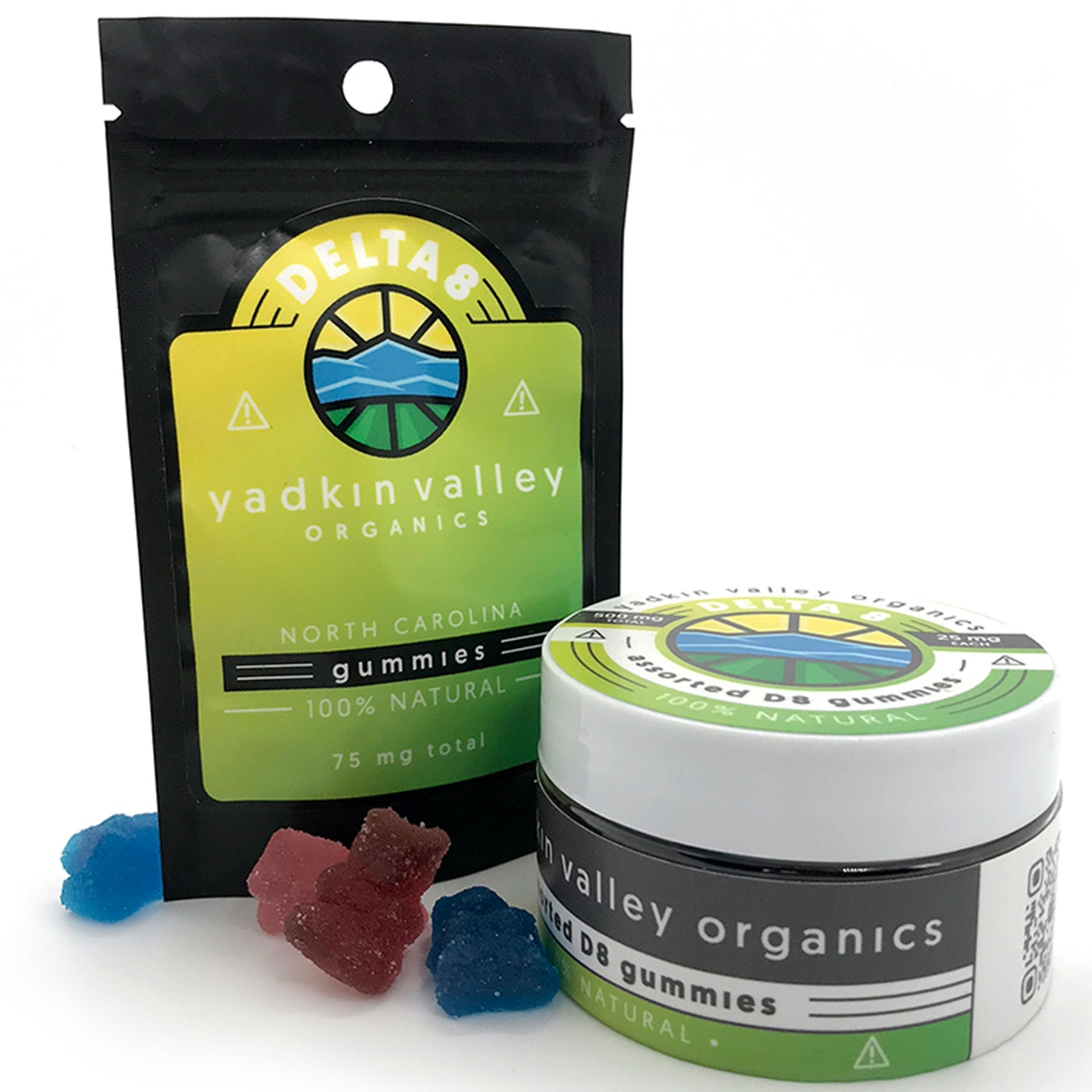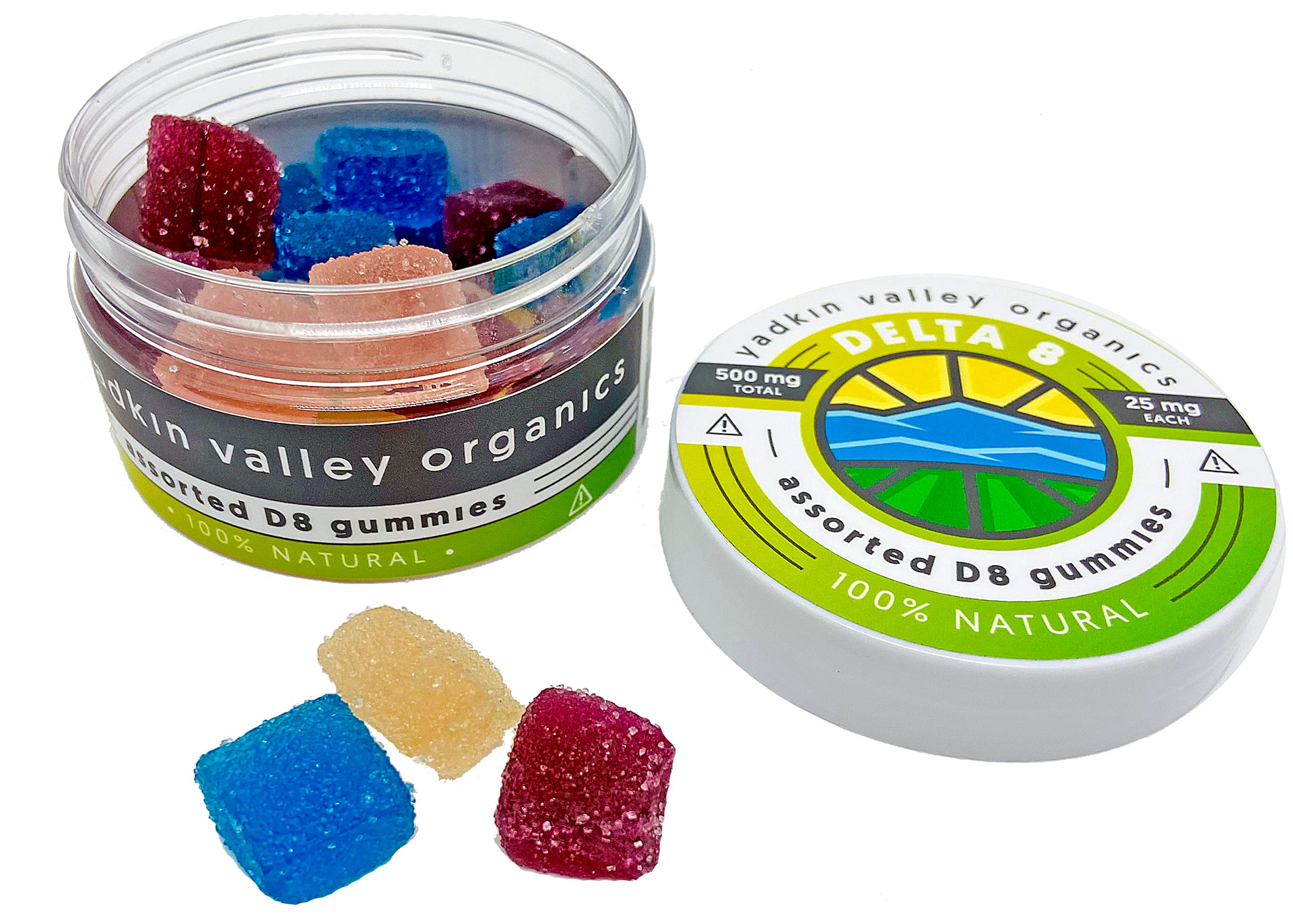In the realm of cannabis derivatives, delta 8 gummies have emerged as a popular choice for those seeking a milder alternative to traditional delta 9 THC products. These gummies offer a unique experience, distinct from their more well-known counterpart, delta 9 THC. Understanding the differences between delta 8 and delta 9 gummies can help consumers make informed decisions about their preferences and effects.
What is Delta 8 THC?
Delta 8 THC, short for delta-8-tetrahydrocannabinol, is a cannabinoid found in cannabis plants. It is chemically different from delta 9 THC by only a few atomic bonds but offers a less potent high. Delta 8 is gaining popularity for its ability to deliver a smooth and clear-headed experience compared to the sometimes overwhelming effects of delta 9 THC. These characteristics make delta 8 gummies particularly appealing to users who seek a more relaxed experience without the intense psychoactive effects.

The Science Behind Delta 9 THC
Delta 9 THC is the more well-known cousin of delta 8 THC. It is the primary psychoactive component of cannabis, responsible for the “high” that users experience. Unlike delta 8 THC, delta 9 can induce stronger psychoactive effects and is typically associated with a more potent high. This difference in potency and effect profile influences the choice between delta 8 and delta 9 gummies based on individual preferences and tolerance levels.
Legal Considerations: Delta 8 vs. Delta 9
One significant distinction between delta 8 and delta 9 THC lies in their legal status. While delta 9 THC remains federally illegal in many places, delta 8 THC occupies a legal gray area in some jurisdictions. This legal variance affects the availability and regulation of delta 8 gummies, making it essential for consumers to understand local laws and regulations before purchasing or consuming these products.
Effects and Benefits of Delta 8 Gummies
Delta 8 gummies are celebrated for their potential therapeutic benefits. Many users report that delta 8 THC offers a more manageable experience with reduced anxiety and paranoia compared to delta 9 THC. Additionally, delta 8 gummies are praised for their potential anti-nausea, anti-anxiety, and appetite-stimulating effects, making them a versatile option for medical and recreational users alike.

Choosing Between Delta 8 and Delta 9 Gummies
The decision between delta 8 and delta 9 gummies ultimately boils down to personal preference and desired effects. If you’re new to cannabis or prefer a milder high, delta 8 gummies may be the ideal choice. Conversely, experienced users seeking stronger psychoactive effects may opt for delta 9 THC products. Understanding the nuances of each cannabinoid can empower consumers to select the product that best aligns with their needs and expectations.
Conclusion
In conclusion, delta 8 and delta 9 gummies offer distinct experiences rooted in their chemical compositions and legal status. Delta 8 gummies provide a gentle alternative to delta 9 THC with potentially therapeutic benefits and a more manageable high. As regulations evolve and consumer preferences shift, both cannabinoids continue to shape the landscape of cannabis consumption, offering diverse options for users seeking tailored experiences.

